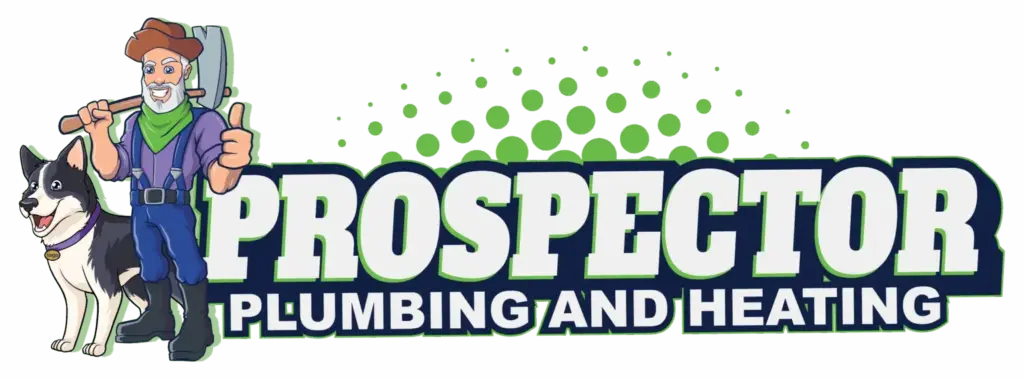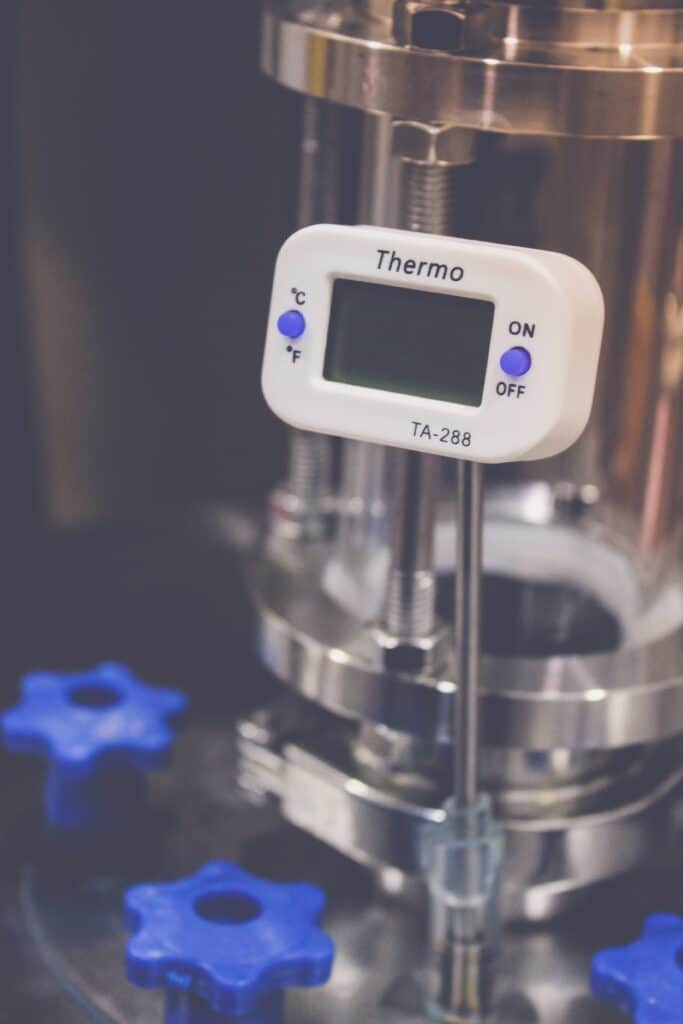Did you know tankless water heaters last almost twice as long as conventional tank-style units?
Homeowners are continually fine-tuning their homes as building system technologies continue to evolve and improve. Before, most equipment was oversized and not as efficient as desired. However, new technology creates machine components that allow most manufacturers to build more compact products. These new pieces of technological innovation are more efficient and long-lasting. One such technology is the tankless hot water heater.
What Are Tankless Water Heaters?
Tankless water heaters can last a long time, but proper maintenance is critical to this longevity. The tankless system has become very popular with property owners with propane-powered homes. Tankless systems need very small spaces and heat water only when necessary, improving energy savings. With regular maintenance, they will operate at optimal efficiency.
This article will answer questions about the types of tankless models, the cleaning process, and routine maintenance.
How Effective Is a Tankless Water Heater?
Some experts compare tank-style water heaters to a compact car engine, a Honda, while a tankless water heater is a Ferrari engine. The efficiency of the two is far apart, but so is the maintenance required. Here are some reasons why you should install one:
-
Endless Hot-showers
The tankless water heater can produce an unlimited hot water supply despite having no storage tank.
The tankless water heater needs to produce hot water on demand, and it has to do it quickly because it does not store water. It only needs a constant water supply and it will deliver. As a result, the tankless heater has to be cleaned more often than the tank-style heaters.
-
Save Money
The initial investment for a tankless water heater is higher than that of a conventional tank-style heater, but the savings on the tankless heater are greater. Tankless units can be up to 34 percent more efficient than regular heaters.
Types of Tankless Water Heaters
The two main types of tankless units are gas and electric. Here is what you need to know about each before you install one:
-
Tankless Gas Water Heaters
Manufacturers design gas units to burn propane or natural gas, depending on the model you pick. Gas units work well for families that need a lot of hot water, such as those living in cold weather. However, these units are not as efficient as their electric counterparts.
-
Tankless Electric Water Heaters
The electric tankless water heater is easier to troubleshoot than the gas unit. They are also very efficient, and your energy bills will be significantly lower. Energy bills are also more predictable because they fluctuate less than gas prices.
How Often Should I Clean a Water Heater?
As mentioned above, the maintenance of tankless water heaters is critical to their performance. Generally, you should have a professional do maintenance on your tankless unit at least once a year. The frequency may change depending on a few factors, like:
-
Water Quality
If your area has hard or very hard water, your tankless water heater will need to be maintained more frequently. The hardness of water depends on the amount of minerals in the water supply. Hard water causes more mineral deposits in the water system, which can affect the heat exchanger in the tankless unit. You can use a water softener to reduce the amount of mineral buildup in tankless heaters.
-
Temperature
The higher you set your temperature in the tankless system, the more often you may have to clean the system. It is especially true if you live in a place with hard water. Higher temperatures lead to scale buildup around the heating elements. You will have to have regular maintenance if the thermostat is set at or above 120F.
How Do You Clean a Tankless Water Heater?
The main method of tankless water heater maintenance is flushing. You will need to call a professional to have your tankless water heater flushed. Flushing a tankless water system is a complicated process that needs experience. Here is what goes into cleaning a tankless water heater.
Flushing The Tankless Water Heater
In simple terms, flushing a tankless system means cleaning it out with a descaling solution to remove buildup and sediment. All clean water has a certain level of mineral content, but some sources have more minerals. Even if your area has softer water, you still need to have regular flushing.
- Why Should You Flush?
You must flush your system if you want to keep using hot water in the house. When you let mineral deposits collect in the system, they will clog up the unit. They may also cause your heating unit to malfunction, so you will only get cold water. The system may malfunction, causing the hot water to fluctuate and overheat.
- How Do You Flush?
Before we get to the flushing process, we must talk about isolation valves. An isolation valve allows you to cut off the water or gas supply without affecting the whole system. It works in the same way as a shut-off valve. In gas systems, they will often have a gas isolation valve or a shut-off valve so you can flush the system safely.
The flushing process needs a full flush kit containing a cold-water hose, a hot water hose, a pump, and a descaler. Most professionals come with their own flash kits, which help them with the process. Another important tool is a submersible pump, which saves you time when flushing.
Planning to install a Tankless Water Heaters?
Prospector Plumbing & Heating is a full-service plumbing maintenance and repair shop in interior Alaska. Our crew knows Alaskan housing and plumbing and provides long-lasting solutions.
If you need help with installing a tankless water heater or anything to do with plumbing and heating, feel free to get in touch with us. Call now at (907) 322-5763 or email [email protected].


